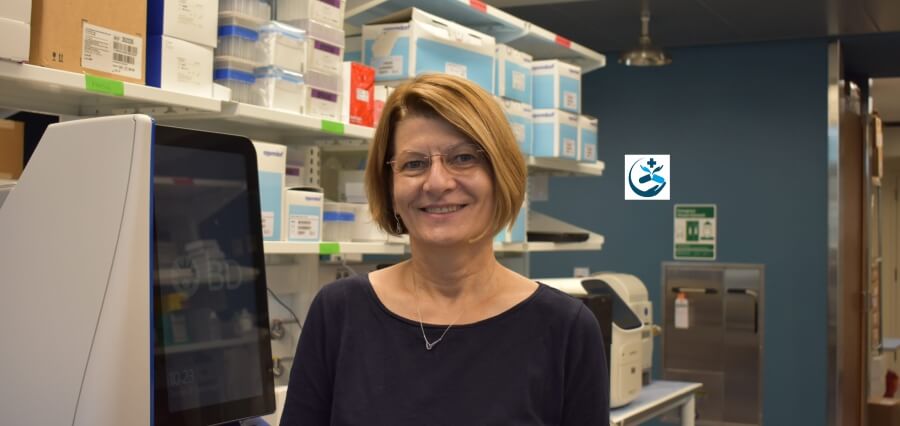For their project titled “Determinants of HIV broadly-neutralizing antibody precursor induction in infants,” Kristina de Paris, PhD, professor in the Department of Microbiology and Immunology, and colleagues received funding.
They will get $7.5 million in financing from the program, which is supported by the NIH National Institute of Allergy and Infectious Diseases (NIAID), over the course of five years.
The research team will use the award to examine changes in the infant rhesus macaque’s antibody response following administration of several adjuvants, which are parts of the HIV vaccine. Additionally, they will research how vaccination affects the relationships between host immunity and naturally occurring bacteria in the microbiome.
De Paris stated, “Our aim is to elucidate innate and microbial factors that influence B cell lineage selection and maturation after vaccination.”
To carry out the research, De Paris will team up with Permar from Cornell University, Surana from Duke University, and van Gils from the University of Amsterdam.
There are several strains or varieties of the retrovirus known as the human immunodeficiency virus (HIV) in different parts of the world. Once a person has been infected, the virus fuses with the host’s DNA and is able to circulate in the host in a dormant condition.
Our immune systems respond to viral infection by creating neutralizing antibodies that can detect the virus’s main surface protein. Broadly-neutralizing antibodies, or bNAbs, are particular antibodies that are capable of recognizing a variety of strains, although they are only made by a tiny proportion of infected people.
Theoretically, a universal HIV vaccine should be able to activate bNAbs, which would subsequently be able to destroy all strains of the virus that are currently in circulation. Few methods have been successful in simulating the body’s bNAb response in HIV studies, despite efforts.


